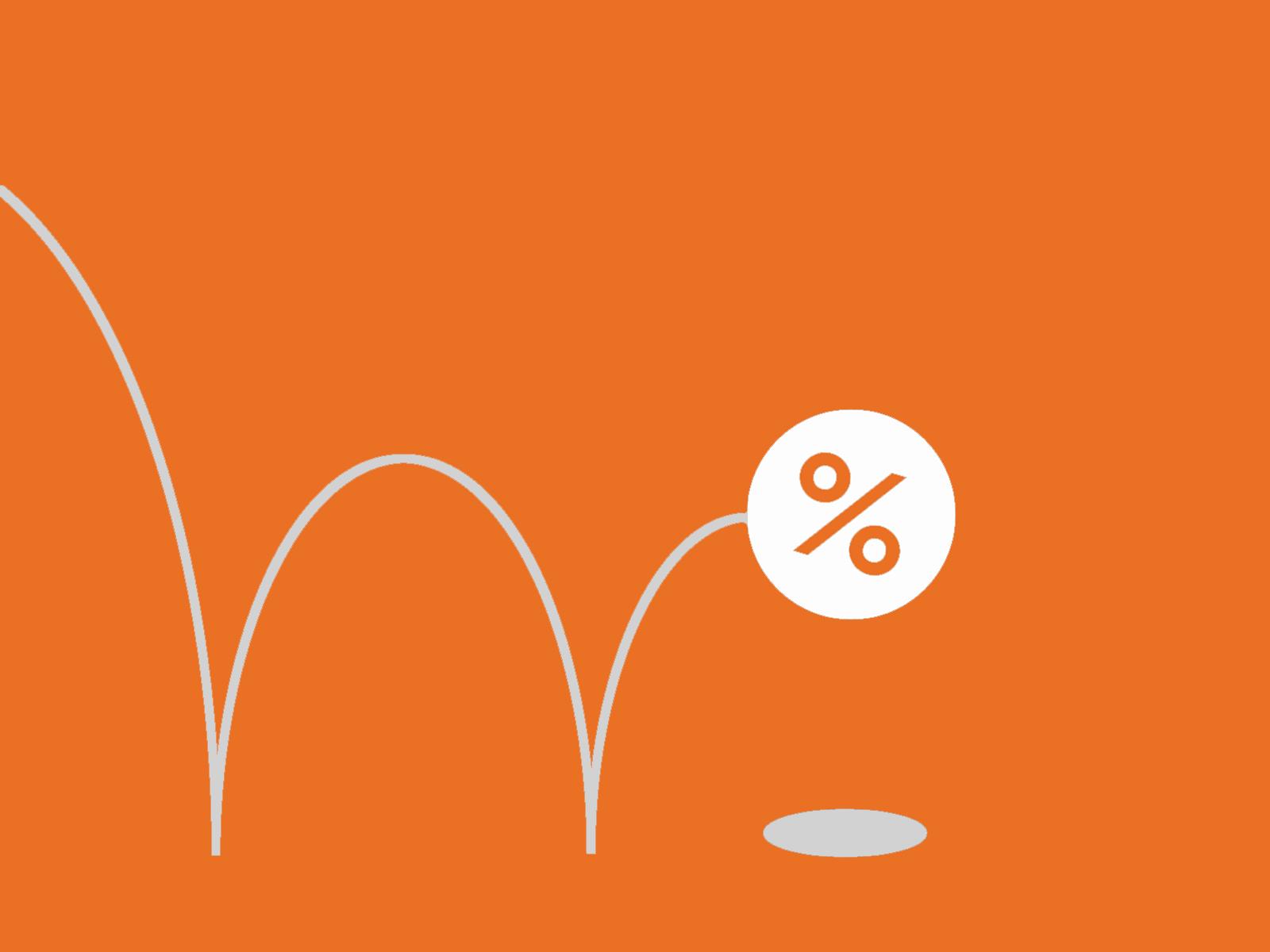What can I do when interest rates rise? | Tangerine
Who sets interest rates in Canada — and why?
The main role of the central bank, known as the Bank of Canada, is "to promote the economic and financial welfare of Canada."One of the bank's responsibilities is to use monetary policy to keep inflation low and stable, helping to manage the growth of the economy.
The central bank sets the target for the overnight rate, the rate that Canada's big banks charge each other for one-day loans. That rate trickles down to you the consumer and is reflected in the rates that your bank charges you on your debts or pays you on your savings.
What does a rate hike mean for you?
If you have any of the following types of debt, higher interest rates mean you'll be paying more to service your debt. It may also take longer for you to pay off your loans:
- If you have a variable rate mortgage, your rate will increase immediately. But depending on the terms of your mortgage, you'll either have larger monthly payments, or to keep the payment the same, your mortgage will have to be outstanding for longer. If, however, you have a fixed rate mortgage, your rate and therefore your payments won't be affected. At least, not for now. But at the end of your term, when it's time to renew, your new rate will reflect the higher rate that the lender's charging at that time.
- Lines of credit (including home equity lines of credit). Most lines of credit charge interest at a rate based on the lender's prime rate.
- Other consumer loans, like student loans or car loans. If you have a variable rate loan with fixed payments, higher interest rates mean that less of your monthly payment will go towards principal repayment, and you'll be in debt for longer.
- Most credit card interest is fixed and already very high (generally around 20%) and doesn't tend to rise in response to a rate hike by the central bank.
What can you do?
All other things being equal, higher debt service payments mean you'll have less money for the rest of your budget. So what can you do?
- Review and update your budget to reflect the new reality of your higher loan payments.
- If you've set up automatic transfers to savings, try not to reduce them.
- Instead, try to find other areas where you can cut back or eliminate spending, focusing on the nice-to-haves such as eating out, entertainment, or even expensive kids' activities.
- Look for ways to save money on the must-haves like groceries or utilities.
- Try not to use your credit cards to "make ends meet." This will just add to the problem.
- Consider generating extra income with a side hustle.
- Finally, if you have a variable rate mortgage and think there could be more rate hikes to come, consider locking into a fixed rate mortgage.
How we can help
We get it. It can be challenging to stay ahead of your budget, especially when high interest rates are combined with high inflation. Try to lower expenses where you can, and if money is tight, consider delaying any major purchases until the rates cool off, or until you can afford to spend without taking on too much high-interest debt.
While it’s tough to think about the big picture when immediate concerns are demanding your attention, it’s important to not lose sight of your long-term goals. Try to automate your savings wherever possible, so you don’t have to think about them.
Tangerine Clients get free access to a powerful suite of money-management tools that help you save for the future, even when you’re focused on the present. Try one today.

